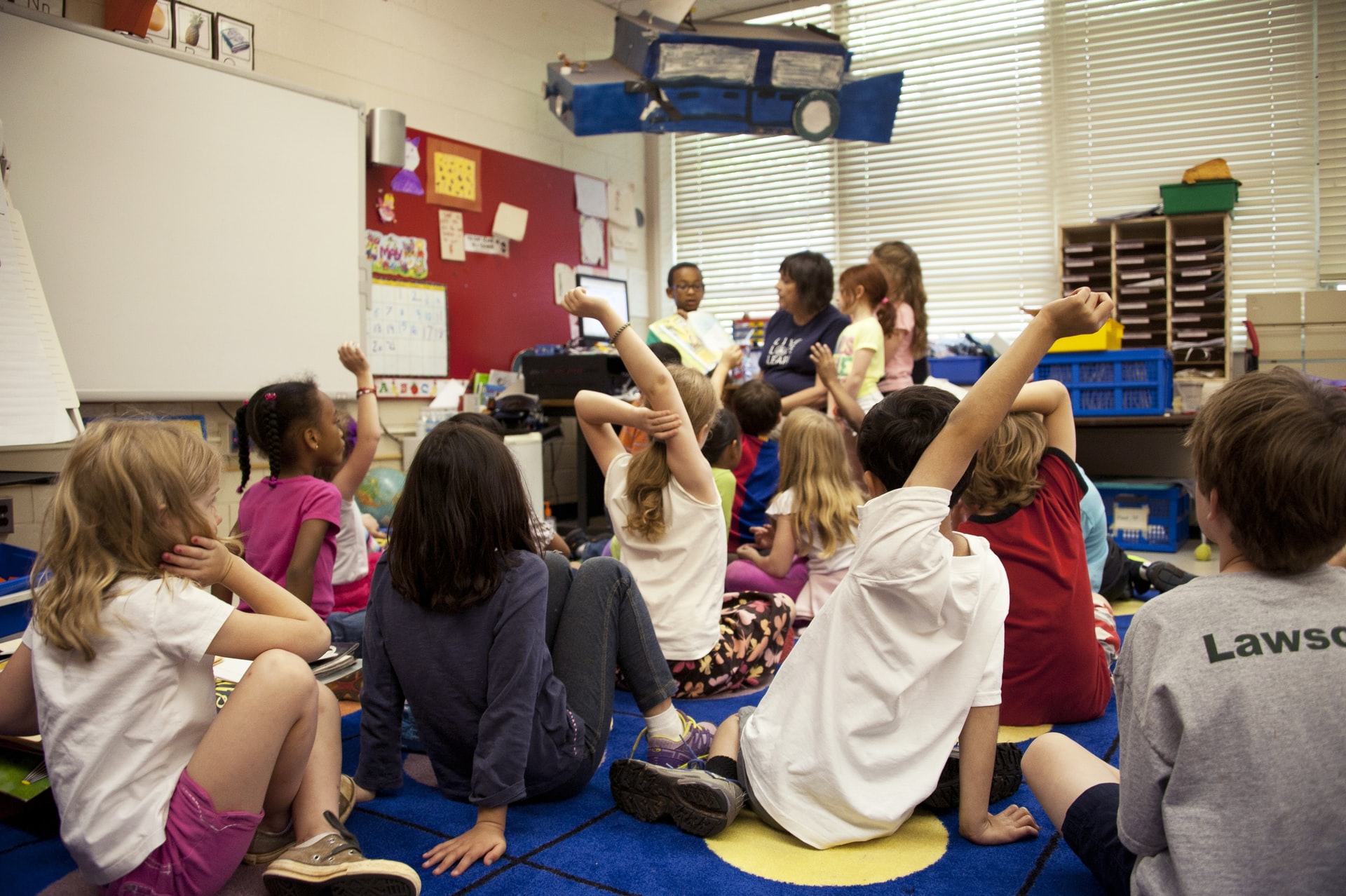An Age-by-Age Approach to Disciplining Your Children

Instructing your child can be difficult. Just as you think you’ve cracked the code on disciplining at a stage in your child’s life, they have progressed to the next, where neither of your methods will work.
Aim to train your children on an age-by-age basis to make discipline appear less complicated and more achievable.
It’s easier to comprehend an age-by-age strategy to discipline, and you can concentrate on utilizing certain procedures in preparation for the next level.
For Children Under Age 1-4 Years Old
This age group of children has only one goal: to explore. Everything about the world is strange to them, and they have a lot to discover with much to learn. Prevention methods will take up most of your time throughout these early years. This is because your child hasn’t grasped the concept of cause and consequence. A hole exists in an electrical outlet, and curious fingers would definitely feel like exploring it.
A solid “NO” is the finest disciplinary approach at this stage. Then offer a diversion instantly.
For Children Between the Ages 5-8 Years Old
This age group responds strongly to positive reinforcement and motivation. These kids appreciate positive reinforcement, and small rewards such as stickers go quite a long way. You can start teaching your child to think by demonstrating how cause and effect operates. When discussing proper and inappropriate behavior, role-playing techniques and dialogue can also be used.
If you have any negative behaviors, now is the time to concentrate on reducing them.
For Children Between Age 9 to 12 Years Old
When your kid hits this age, they are capable of dealing with the inevitable results of their actions.
Because everyone hurried out the door this morning, they failed to put their assignments in their backpack? Allow your kid to face the natural consequences of receiving a zero or turning in late work rather than rushing the finished assignment to school.
For Children Between the Ages of 13 and 18
At this age, discipline is mostly about solving issues, and involving your child in the process is the secret to success. At this stage, you’ll start to think of yourself as a mediator since you’ll have to work together to set the norms or principles for ethical behavior, but there will be give and take on both ends.
As your child grows older, you’ll notice that they begin to take responsibility for their behavior.
Creating a caring and trusting environment for your child can help you get through each step of disciplining and developing them to become a functioning adult.






